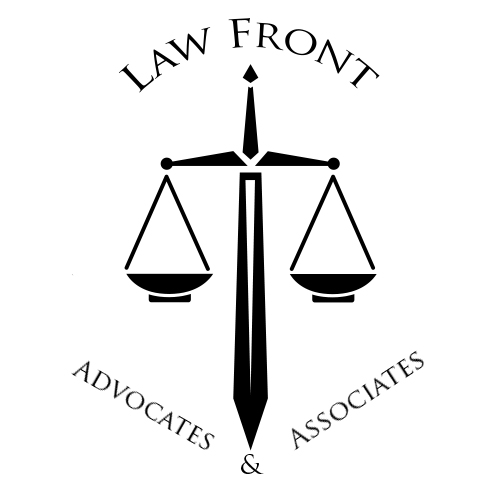Facing a fake case can be an overwhelming and stressful experience. Whether your goal is to protect yourself, punish the wrongdoer, or both, the right mindset, strategy, and actions can make a significant difference. While many believe that successfully prosecuting someone for filing a false case is rare in India, history shows that with the right approach, justice is achievable. This guide will walk you through the three essential steps: thinking calmly, choosing wisely, and taking action.
Step 1: Think Calmly
A calm mind is the most valuable asset when dealing with false allegations. Stress can cloud judgment, but staying composed allows you to evaluate the situation clearly and devise an effective strategy. Here’s how to start:
1.1 Sort Out Allegations
False cases are built on twisted or fabricated facts. To tackle them, categorize the allegations into three types:
- Completely baseless allegations: These are so absurd that no evidence can support them.
- Ambiguous allegations: Claims that could go either way depending on the evidence.
- Potentially provable allegations: These appear credible and may hold up if evidence supports them.
1.2 Apply Two Key Tests
- Test of Man of Prudence: Evaluate each allegation from the perspective of a reasonable person. Would a prudent individual believe the accusation?
- If “yes,” the allegation is likely credible.
- If “no,” it falls into the baseless category.
- If unsure, place it in the ambiguous category.
- Evidence Test: Evidence can shift an allegation’s credibility. Strong, independent, and irrebuttable evidence is crucial to disprove allegations effectively.
Step 2: Choose Wisely
Decide on your approach based on your end goal. Do you want immediate results, or are you willing to wait for a more impactful outcome?
2.1 Balancing Revenge: Fast, Great, or Cheap?
In seeking justice, consider the trade-offs:
- Fast and cheap: May yield unsatisfactory results.
- Cheap and great: Requires time and patience.
- Fast and great: Usually expensive and mentally draining.
2.2 Evaluate Your Strategy: Attack, Defense, or Balance
- Attack:
This involves filing counter-complaints or legal actions against the wrongdoer while presenting your defense openly. Choose this strategy when:- You have strong, irrefutable evidence.
- The opposing party has a weak or inconsistent stance.
Example: If someone falsely accuses you of an act you can prove you couldn’t have committed, such as being in a different location during the alleged incident, present this evidence early and aggressively.
- Defense:
A defensive strategy focuses on collecting and safeguarding evidence without revealing your position until the right moment. Use this approach when:- The allegations are vague, and you suspect the other party may adjust their claims later.
- You lack strong evidence but need time to strengthen your case.
- Balance:
This is a mix of both strategies. Adopt it when the situation demands calculated aggression and patience.
Step 3: Take Action
No matter how much evidence or strategy you have, failing to act can cost you dearly. Avoid overthinking and start implementing your plan.
3.1 Steps to Take Immediately
- Organize Evidence: Compile audio, video, pictures, emails, or messages that disprove allegations. Prioritize independent evidence that stands on its own.
- Document Everything: Record timelines, conversations, and any inconsistencies in the opposing party’s claims.
3.2 When to Take Legal Action
- File complaints with higher authorities if you can conclusively prove the falsehood of the claims.
- Wait until the opposing party locks themselves into a stance before revealing critical evidence.
Key Takeaways
Why Calm Thinking Matters
- Helps identify false claims logically.
- Prevents emotional reactions that can weaken your defense.
Strategic Decision-Making
- Timing your moves can decide the case’s outcome.
- Acting impulsively can weaken your position, but waiting too long may let the wrongdoer gain the upper hand.
Action is the Key to Justice
- Evidence is only useful when used effectively.
- Inaction often benefits the wrongdoer, while strategic action brings justice closer.
Final Thoughts
Handling a fake case requires patience, intelligence, and determination. By staying calm, making wise choices, and acting decisively, you can protect yourself and hold the wrongdoer accountable. Remember, justice is not just about winning; it’s about restoring truth and dignity.
If you are currently facing a false case, consult legal experts and prioritize building a strong defence. The right mindset and strategy can turn even the most challenging situation into an opportunity to seek justice and set the record straight.







